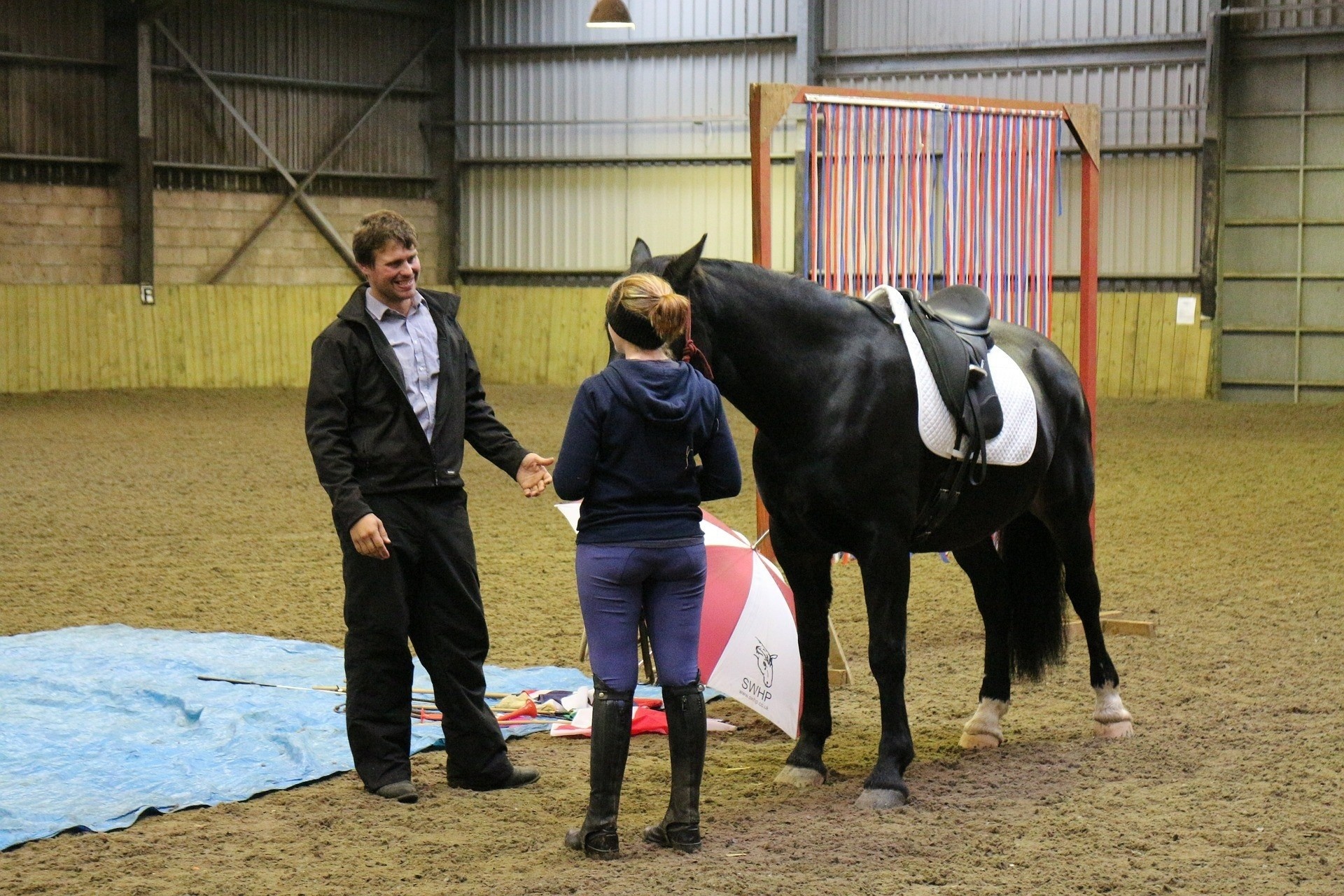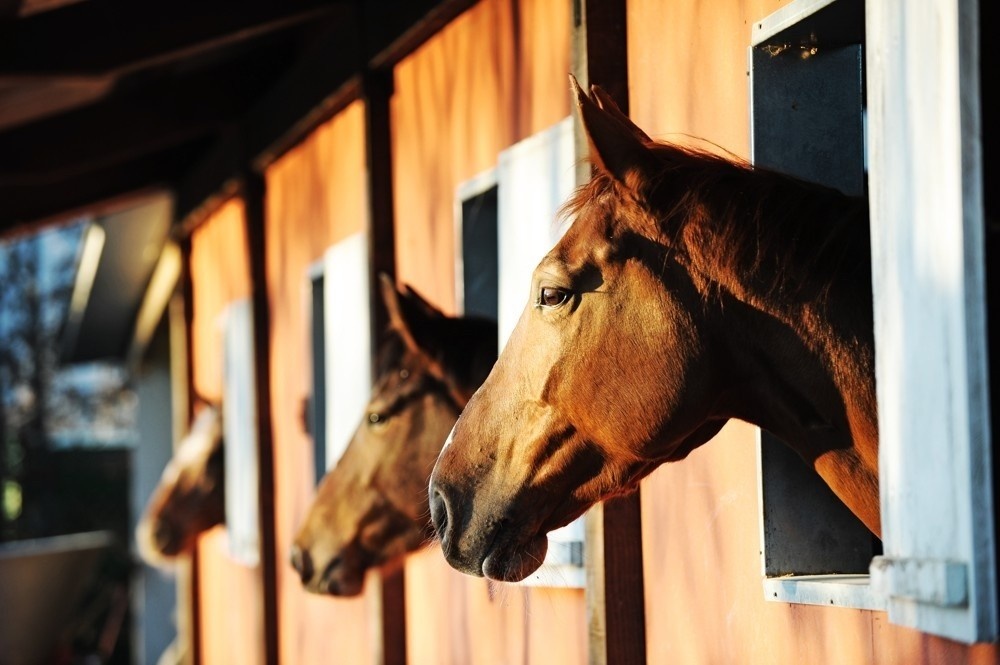Welcome!
The International Society for Equitation Science (ISES) is a not-for-profit organisation that chiefly aims to facilitate research into the training of horses to enhance horse welfare and improve the horse–rider relationship. ISES actively interacts with all members of the equine community, not just academics. You can also join the society as a practitioner (e.g. trainer or behaviourist), an associate (e.g. veterinary), a student or as a supporter.
ISES runs international conferences that serve as platforms for the communication and discussion of the latest research findings and their application. ISES also provides a pool of expertise for international bodies and academic institutions that approach ISES with questions related to horse behaviour, training and welfare.
ISES welcomes initiatives that aim to improve sport horse welfare and applauds the continued efforts of researchers working to ensure that recommendations/guidelines are supported by scientific evidence and adhere to the principles of learning theory.

Read more about the 'Advent of Equitation Science' – by P. McGreevy
Equitation science promotes an objective, evidence-based understanding of the welfare of horses during training and competition by applying valid, quantitative scientific methods that can identify what training techniques are ineffective or may result in equine suffering. Equitation Science uses a multidisciplinary approach to explain horse training, for example from a learning theory perspective that removes anthropomorphism and emotiveness.
Why do we need Equitation Science and ISES?
Equitation Science has the potential to address a series of important problems. First, it elucidates the role of negative reinforcement and habituation in the learning processes of horses on which we ride and compete. Second, it addresses the need to measure rider interventions that may compromise horse welfare, which will assist the Fédération Equestre Internationale (FEI) in determining what practices and interventions are acceptable on welfare grounds. Third, and perhaps most important, Equitation Science will educate current and aspiring riders in how best to apply the core principles of learning theory.
ISES has produced a number of Position Statements founded on known science regarding restrictive nosebands, use of aversive stimuli, misuse of leadership and dominance theory and head position.


Become a Member
Benefit from reduced registration fees for international conferences
Access to the members-only area facilitating communication among members from around the world
Resource materials for teaching
Latest employment opportunities and news related to equitation and equine welfare
Get science-based information on riding and keeping your horse
Join ISESSign up to the ISES newsletter
Get notifications on the latest research, evidence-based horse management, conference details and more...





